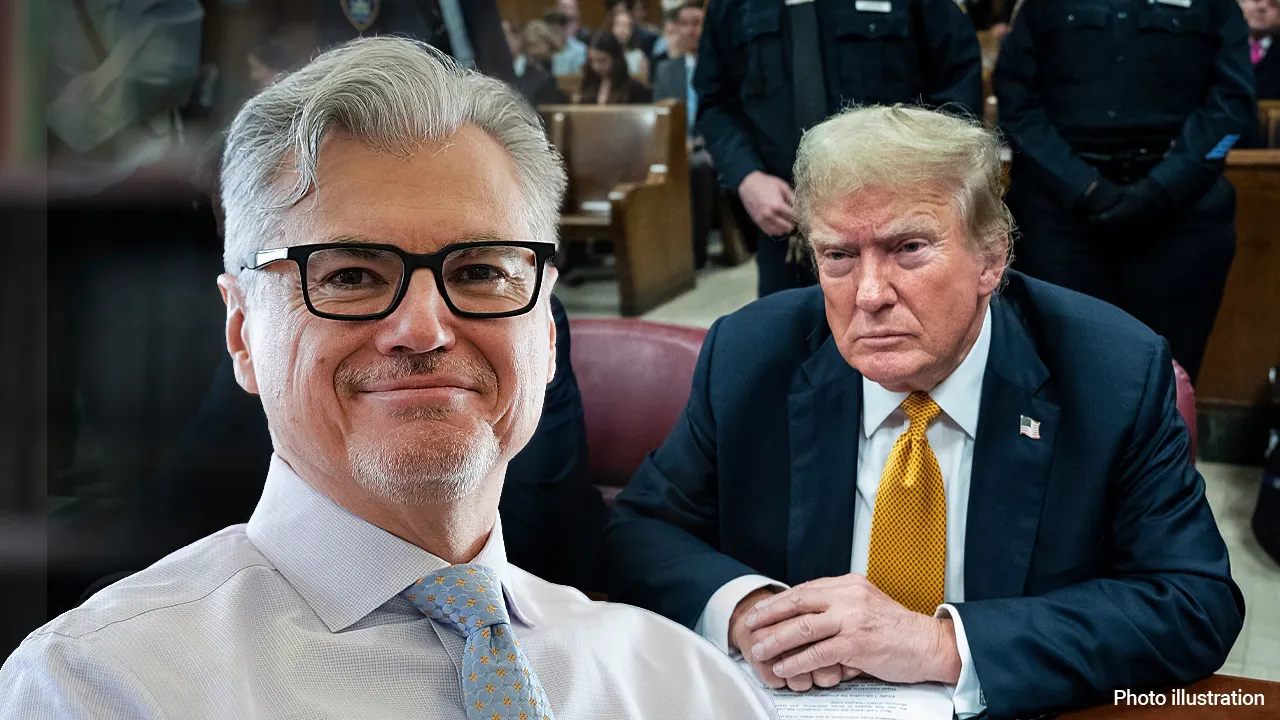Steve R.
Retired
- Local time
- Today, 07:25
- Joined
- Jul 5, 2006
- Messages
- 5,439
Watch the video in the article below.

 www.foxnews.com
www.foxnews.com

GREGG JARRETT: NY judge desperate to brand Trump 'convicted felon' before inauguration
Fox News Legal Analyst Gregg Jarrett exposes the reason Judge Juan Merchan wants a sentencing as soon as possible - to brand Donald Trump as a convicted felon.
A competent or objective judge would have long ago tossed the Trump indictment in the garbage where it belonged. On its face, it was patently deficient, if not ludicrous, and a transparently politicized prosecution.
